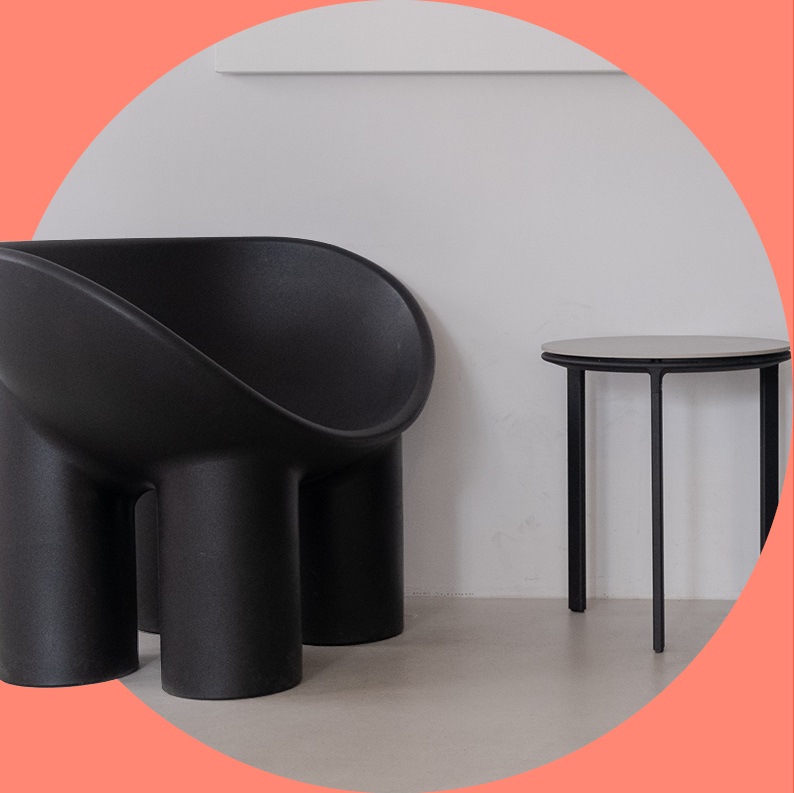
Furniture’s Digital Doubles Streamline Circularity
Published 23 August 2022
When furniture breaks or is no longer wanted, consumers often seek out the fastest route to replacing it. And while many wish to dispose of unwanted items responsibly, 80% are sent to landfill in the US (EPA, 2018). To remedy this, brands are creating digital identification systems that streamline the reselling and upgrading processes.
Furniture’s Digital Doubles Streamline Circularity


Topics

Want to see the full report?
Offering access to over 350 consumer and cross-industry reports annually, Stylus Membership is your window to tomorrow’s most exciting opportunities.
We already arm more than 500 of the world’s most forward-thinking brands and agencies with the creative insights they need to make transformative business decisions.
We’d love to do the same for you.
Book a demo with us today to discover more.
More Reports From Stylus
More Reports From Stylus
Toy Fair New York 2026: Hot Products & Trending Categories
With the global toy industry returning to growth last year, Toy Fair New York (February 14-17) was an energised event, with brands vying to feed fandoms and...











